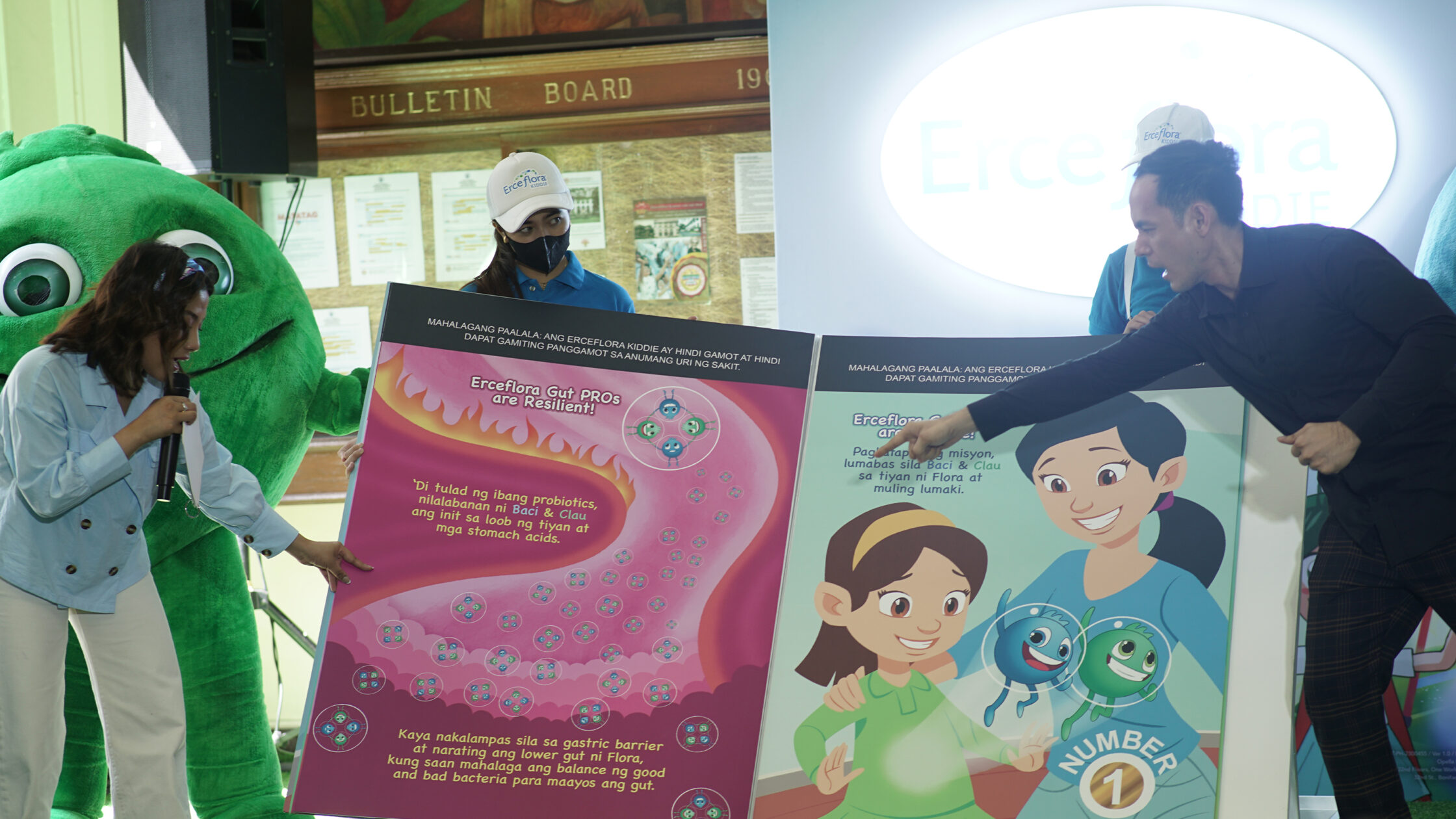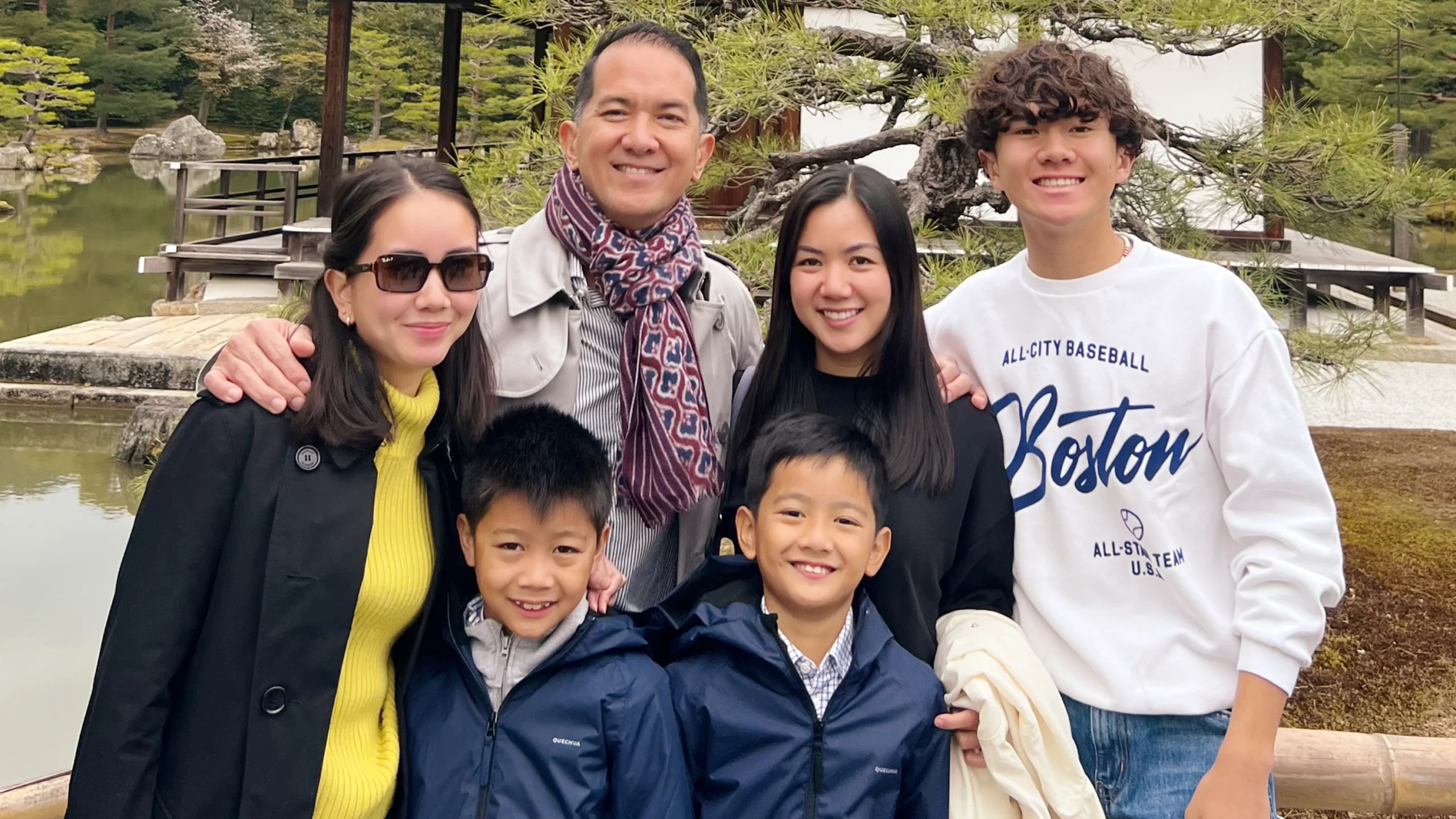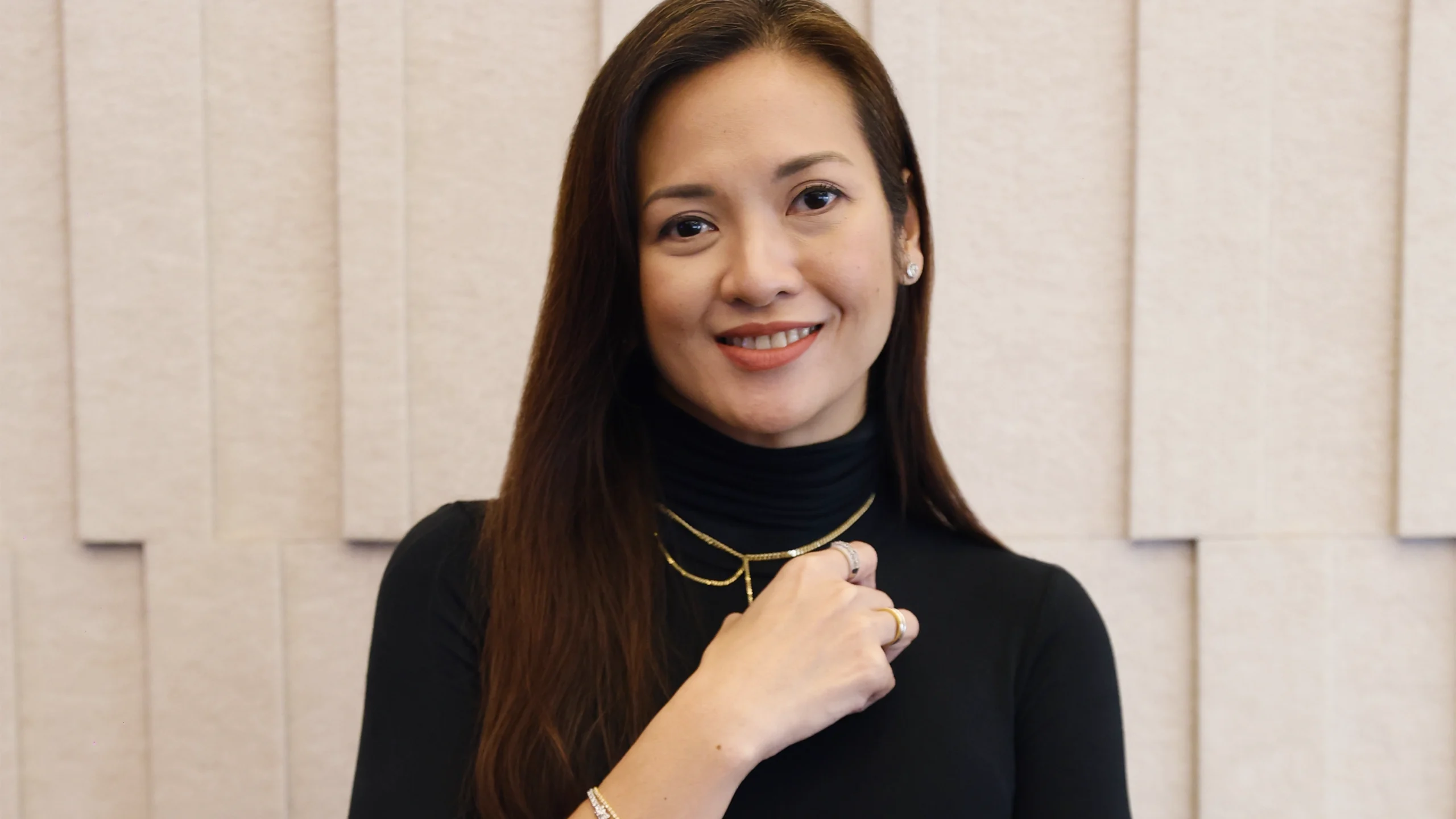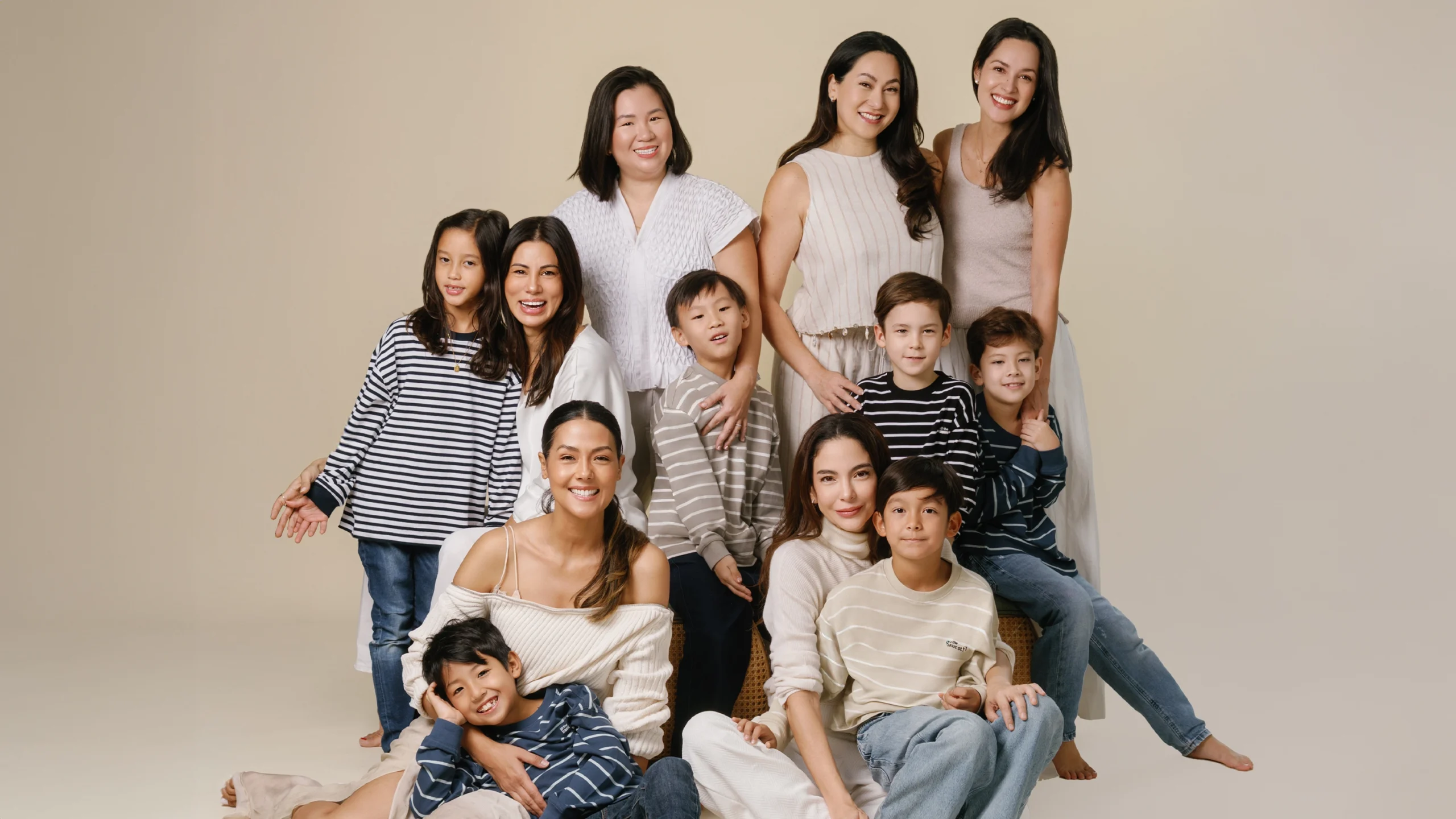What Families Can Learn From Deaf Awareness Week
Deafness is one of the more common disabilities which renders a unique set of experiences, especially in hygiene and health.
Although celebrated last November 10, 2023, to November 16, 2023, Deaf Awareness Week reminds us that those who lost their hearing are not without their exclusive happenings. While they’re still living in a world that’s still learning and transitioning to become more inclusive, it’s a call for many of us to adapt more ways to communicate especially when talking about health, hygiene, and overall welfare.
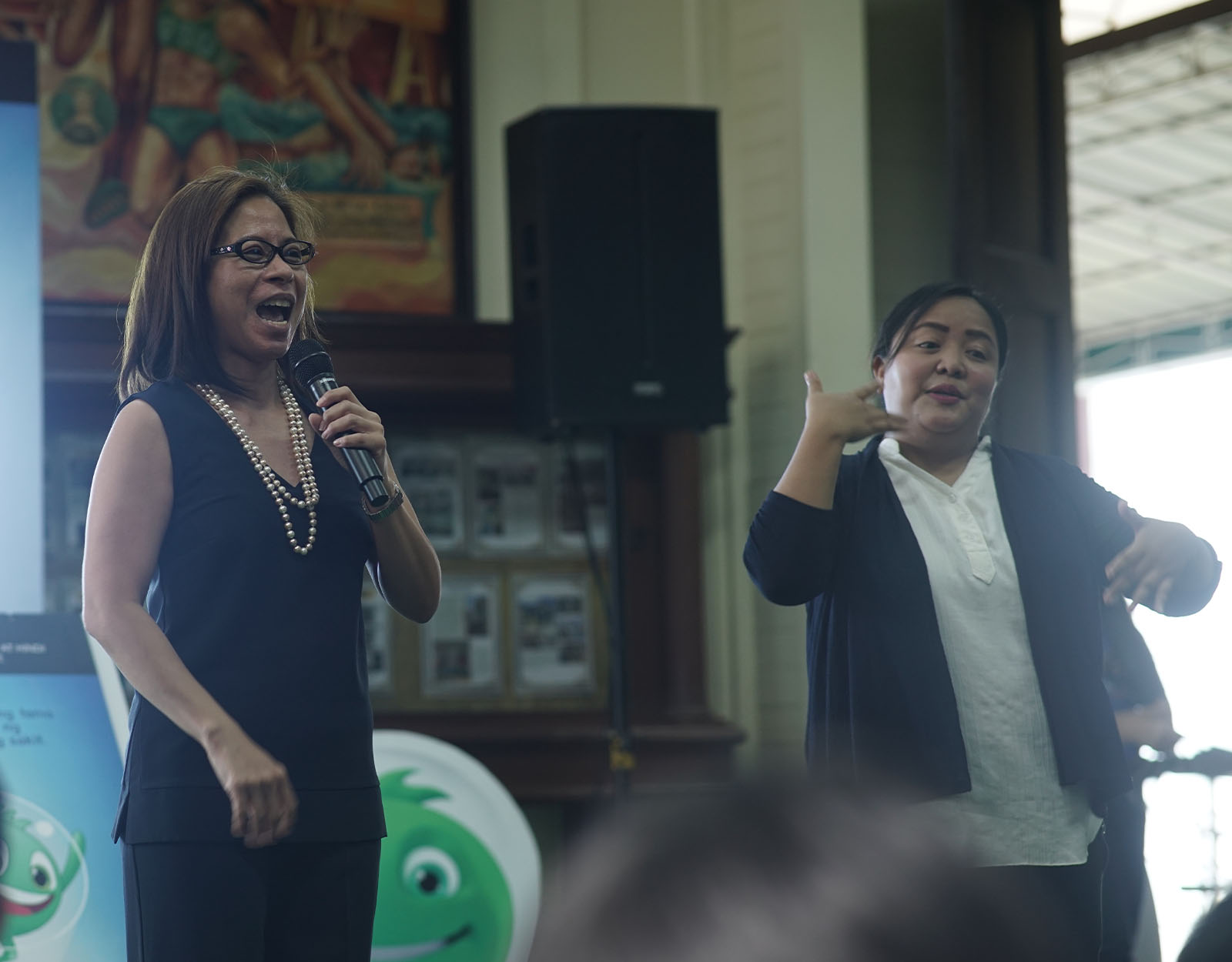
What is Deaf Awareness Week?
Deaf Awareness Week became an event through The Filipino Sign Language Act (RA 11106), also known as Presidential Proclamation 829, on October 30, 2018, when former President Rodrigo Duterte approved it. In hopes of creating more jobs for those who have lost their hearing, the act recognizes that Filipino Sign Language (FSL) will be the official language in the Philippines despite the existence of American Sign Language (ASL) or British Sign Language (BSL).
By recognizing an official language for those who are deaf here in the Philippines, the Philippines allows them to live full and fulfilling lives — one that has a sense of financial stability and fulfillment. However, the country appears to still be transitioning as those who are deaf are still suffering from health problems such as diarrhea because of miscommunication.
Creating A World Where Everyone Can Understand Each Other
A mother herself, Principal of School for the Deaf Shery Funcion has already started the foundation for the last ten years. She slowly rose the ranks and eventually became a mother to all the kids in the school. As a leader of a public school, she makes sure that learners also have dorms to accommodate more learners from various parts of the Philippines.
“This is my personal advocacy, and I really want to give them this opportunity. I am very thankful.
I’m very grateful for people who really reach out and look for means to support schools. They give the deaf people and the community opportunities to contribute to society because may ma-ko-contribute naman sila (they have something to contribute), just give them the opportunity and the means,” she shares.
One of the few organizations that reached out to them was Save The Children and Erceflora Kiddie who recently launched a hygiene campaign in the school during Deaf Awareness Week.
“What’s also important with us being together here is that children who are already challenged
because they have disabilities, like not being able to hear or [being] hard of hearing, we don’t
want to also expose them to health problems, particularly, diarrhea,” reveals Chief Business Development Officer at Save The Children Philippines Naida Pasion.
“They’re struggling enough, and now, if they don’t have clean water to drink and hygiene facilities — that adds to their problem, that adds to their challenge,” she adds.
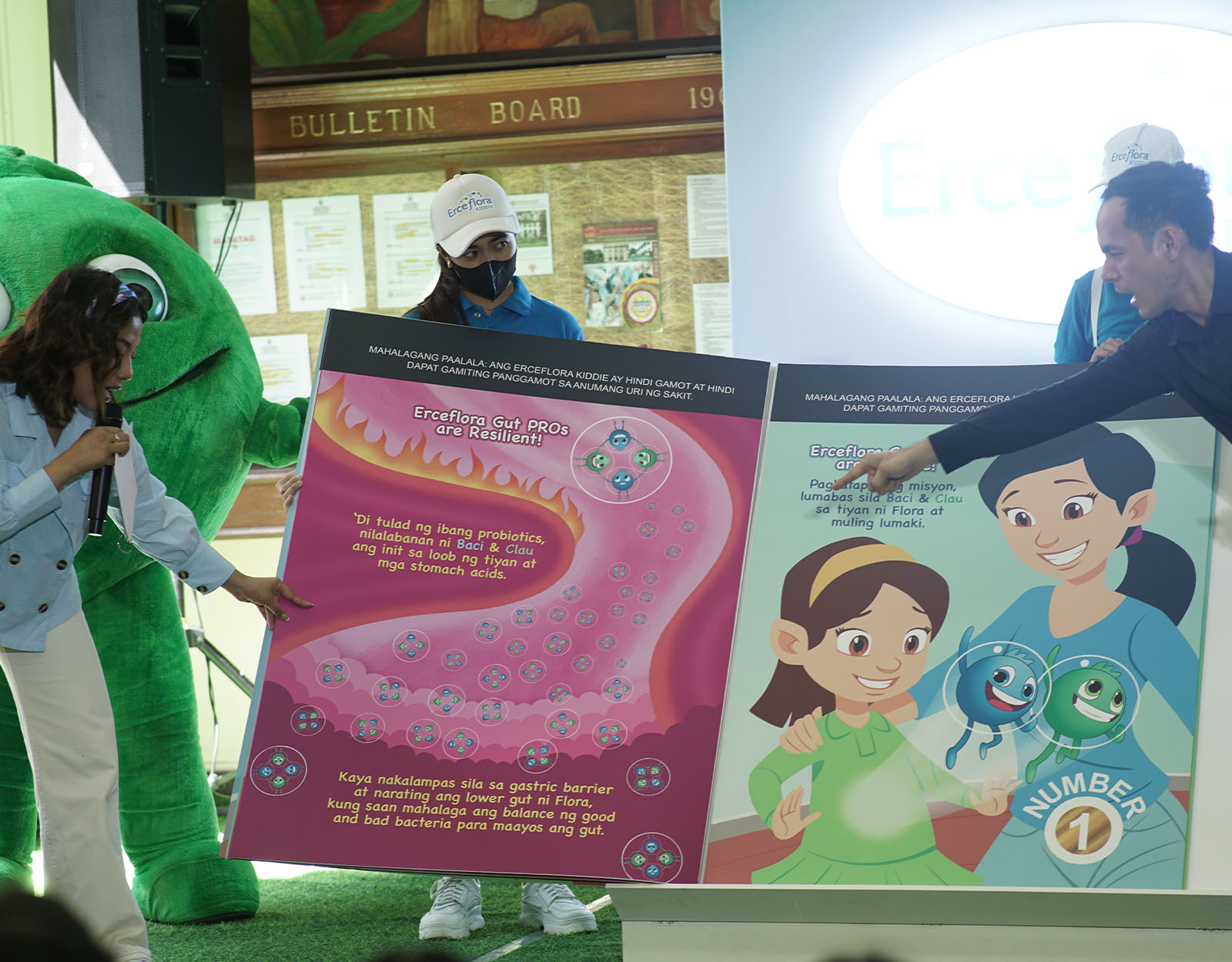
Teaching kids about health
The adversity is widespread, even in places considered close to Metro Manila, according to Erceflora Kiddie’s Rica Mateo. “It’s as basic as water,” she says. “I realized when I did the activation in Rizal —which is not that far — it’s part of Metro Manila [but] they don’t have access to water. They only rely on rain so they can catch the water and process it. But now, they at least have proper access to those WASH facilities.”
Deaf Awareness Week isn’t just for us to be mindful of those are hard of hearing or who have lost their hearing. It’s also a time we learn from them, with their many ideas and contributions on how to make the world a more inclusive and healthier place.
References
P. Maling, D. R., & D. Villarica, M. M. (2018, October 30). Republic Act No. 11106: The Filipino Sign Language Act. Official Gazette. Retrieved December 21, 2023, from https://www.officialgazette.gov.ph/downloads/2018/10oct/20181030-RA-11106-RRD.pdf
More about health?
How To Take Care of Your Health This Holiday Season
Why Not Join a Cause on Women’s Health for Mother-Daughter Day?
How Does Having the Mental Health Law in the Philippines Help Families?
